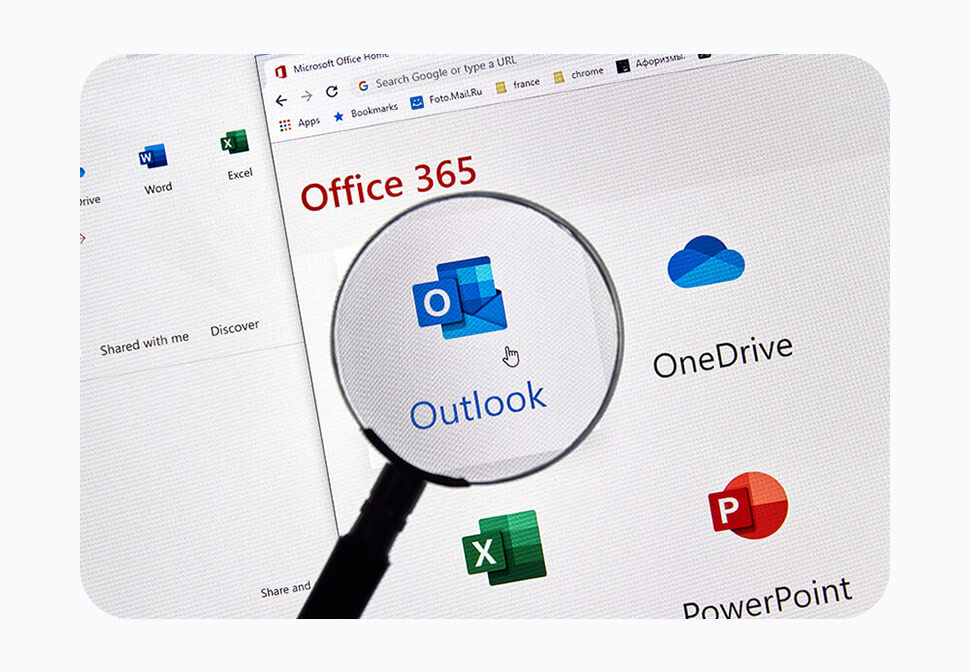Whether you sell shoes or run an accounting firm, you need technology to operate. Today’s companies aren’t just in the business of selling their own goods and services anymore, but, they also must master various types of digital tools.
These include software, payment systems, computers, Wi-Fi networks, mobile devices, and more. Companies also need to protect their devices and network. If that technology isn’t working, it can impact a business significantly.
98% of surveyed organisations say that just one hour of IT downtime costs more than $100,000 (after speaking to our clients, this number seems low!). The reliance on technology means that every company is now a technology company, as much as some would disagree.
This is the case no matter what products you sell or services you provide. Let’s discuss exactly why this is the case in today’s world.
What Makes Technology a Backbone of Any Business?
1. Technology Is a Critical Part of Business
Farmers use tech to check commodity prices, sell livestock, and keep their books. Small businesses, large business, not-for-profits, everyone needs it and most companies couldn’t operate without their software. Or without databases filled with important information.
IT downtime is so devastating for this very reason. Remember the breaches impacting global meat producer JBS and Colonial pipeline? Those companies had to halt operations because of ransomware attacks.
They both paid the ransom to their attackers so they could begin operating again. Without the technology that’s become a normal part of our day, companies would not be able to trade.
2. Customers Expect an Excellent Digital Experience
Customer experience came in first in a survey of top business priorities for the next 5 years. Nearly 46% of respondents said it was at the top of their list.
If a customer has just one bad experience with your company, they will likely go elsewhere. In a digital world, those experiences are often:
- Navigating your website
- Checkout experience
- Appointment scheduling ease
- Shipping notifications
- Helpfulness of online chat
- Response time from customer support
- Ability to contact your company via social media
To keep up with consumer expectations in the 2020’s and beyond, means you need to use technology. From your website to your payment experience, people expect a smooth digital flow.
3. Employees Need Devices to Drive Productivity
How do employees work productivity without the use of a computer, tablet, or mobile device? These devices keep staff connected to each other and your customer data. Devices enable communication and are how much of the work in offices gets done. If they don’t run well, business productivity suffers.
4. AI & Automation Help Companies Stay Competitive
AI and automation help organisations move faster. AI can personalise a consumer shopping experience. Automation can help sales teams close 30% more deals and improve conversions by over 200%.
To stay competitive, companies must integrate technology tools with AI and automation capabilities. This means they need to know the best ways to use these tools. Plus, integrate them well with existing solutions.
(Stay tuned for some of y365’s AI developments!)
5. Information Is Being Generated at a Rapid Pace
Companies generate information digitally at a dizzying pace. Can you imagine what it would be like if you had to go back to all the paper files? You’d need a separate building just for all the filing cabinets.
Files, documents, and customer records are largely digital now. Keeping track of all that information and making it searchable requires technology skills.
6. Vendors/Suppliers Are Leaving Legacy Systems Behind
Think of the vendors you use to run your business. Could you interact with any of them offline only? No email, no digital documents? In most cases, the answer is, “No.”
The companies that you rely on for your business are also “technology companies” in the same way. Most will be leaving behind legacy systems like fax machines and paper documents. Thus, you need to use digital means to interact with them.
This is a big part of where we can help businesses move from legacy technology into cloud-based solutions.
7. It’s Difficult to Grow Without Tech Innovation
People are limited by what they can mentally and physically do in a day. Computers and technology have exponentially increased that. They do a lot of the processing and manual work.
The cloud is often touted as leveling the playing field for small businesses. It allows smaller companies to leverage technology to do more affordably.
Microsoft 365 is an amazing way to use enterprise grade tools for small business. If this is something your business needs help with, y365 is here to support you!
It’s hard to continue growing your business without the smart use of digital tools. This includes reviewing your technology infrastructure and looking at innovations on the horizon.
8. Business Continuity Needs
Business continuity is about keeping your company running despite any crisis events. One natural disaster could severely impact a building and everything in it. But, if you are storing your data in the cloud and using cloud software, your business can still operate.
Companies that aren’t employing backup systems are at significant risk. Tech solutions create the ability to continue operating from anywhere, increasing business resiliency.
What Does Your Innovation Roadmap Look Like?
Using technology securely and to its fullest can be a full-time job. Give us a call today, we can help take that burden off your shoulders.
Article used with permission from The Technology Press.






